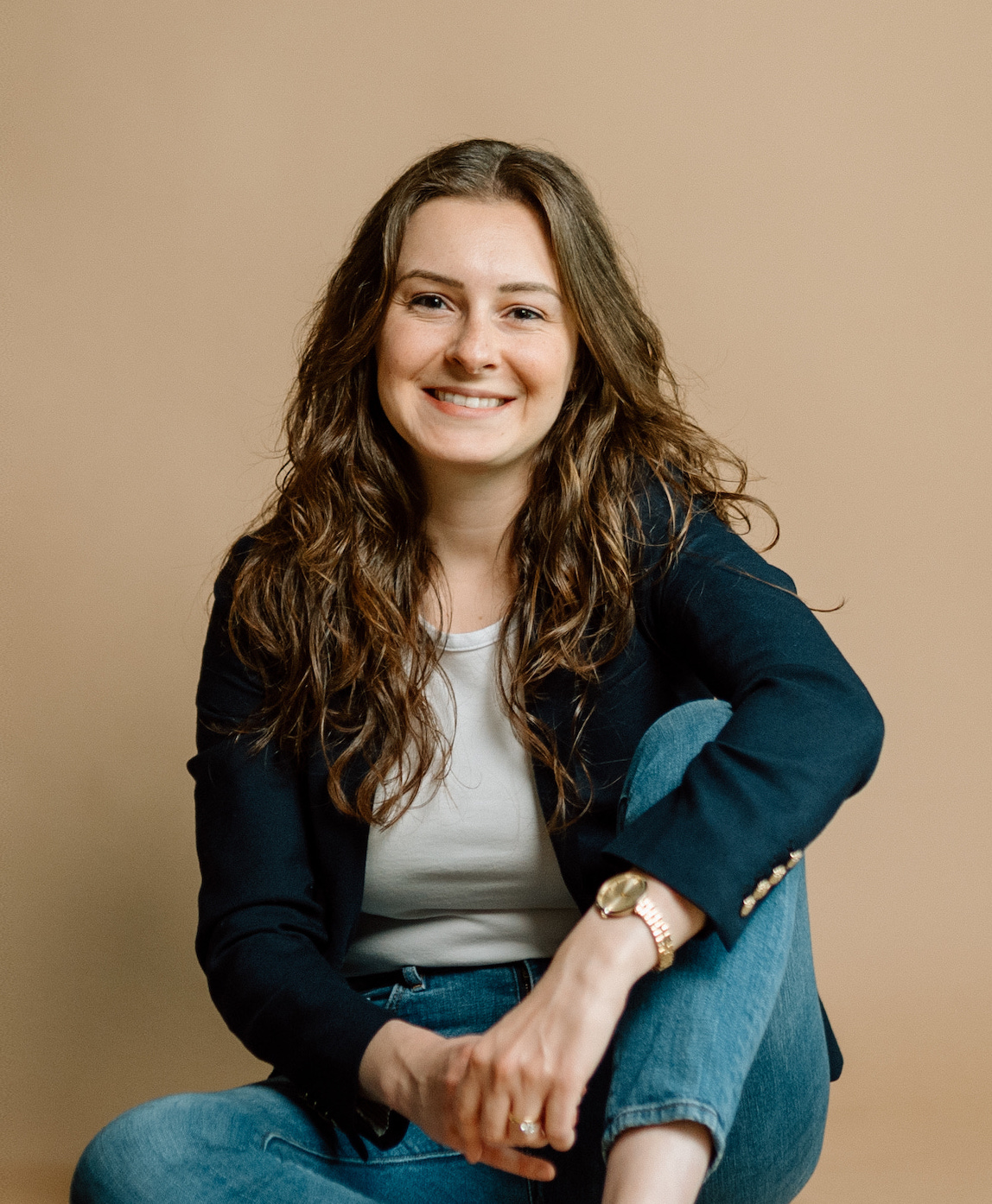
My personal struggle with identity
Coming from an immigrant household, I was never asked about “what I wanted to be when I grew up” or what my “dream job” was. My parents raised me with the mentality that the best way to “make it” in America was to get good grades, go to college, and then pursue a career in business, engineering, medicine, or law. Striving for and achieving these things was the sole priority for me growing up, and thus, became a large part of my identity from a young age.
My parents, particularly my mother, weren’t concerned about much of anything else in my life except for how I was doing in school. The only times I remember having a direct conversation with her were when I brought home a graded exam, assignment, or report card. She made it clear that I didn’t have an option – I had to take all of the advanced courses, I had to be at the top of my class, and I had to pursue a lucrative and stable career path.
You can imagine what this resulted in. I turned into a chronic overachiever, thinking that the only way to prove my worth was to follow this model of success that had been laid out for me. It actually served me well for a while – I was, indeed, at the top of my class, was given a full ride to university, and was recruited to start my career at one of the most prestigious accounting firms in the world, PwC. When I received my full-time offer, I really thought that I had “made it.” It seemed like all of the hard work I’d put in throughout my entire life had finally paid off. That is, until I got a rude awakening.
I absolutely despised being a public accountant. I couldn’t believe that I had spent my entire life working towards this goal, and now, I wanted to leave the industry completely. It felt like the rug had been pulled out from under me – I had relied on this set foundation to carry me throughout my career, and now, it was gone. I felt guilty for wanting to leave, but I knew Corporate America just wasn’t the right place for me. Luckily, a new opportunity was waiting for me at the family business, so I left PwC to run operations at my mom’s insurance agency in Houston.
While this was a pivot in my career plan, it still aligned with the mindset I held about success – it was something that was already established, had a clear framework for growth, and was profitable. My mom and I grew the agency together over five years, but we eventually reached a point where we realized that we had different aspirations for the business and for ourselves. We decided to sell the business and go our separate ways – my mom ended up staying on with the new owner as a producer and I packed up and moved to Los Angeles.
This time, I didn’t have anything to fall back on but myself. Unlike before, there was no one there offering me an opportunity, telling me what to do, or giving me any kind of step-by-step process to follow. For the first time, I had the freedom to choose what I wanted to do next, but I had no idea how. I had reached a point where I had to reassess my mindset if I wanted to get out of this rut.
How to identify, deconstruct, and recreate assessments
In my coach training program at the Newfield Network, I was taught that an assessment is an opinion we have of ourselves or another person that we believe to be true. We also have what are called “master assessments” that dictate most of what we deem to be possible or not possible for us in our lives and careers. In my case, the master assessment I had of myself was “I can only be successful if I [follow this plan, do what my parents say, pick a certain career path, etc].” While this did help me achieve the success I had enjoyed thus far in my career, it was now holding me back, and I had to let it go.
It was overwhelming and disorienting at first, but it forced me to create a new assessment of who I was – someone who could lean into uncertainty, take risks, and embrace being a true beginner. Going through this process has been the most challenging work I have ever done, but to make it easier, I asked myself the following five questions that helped me deconstruct my “master assessment” so that I could generate a new one and reclaim my identity:
- In what domains of my life has this story dictated my decisions?
- How has this master assessment served me?
- What have I given up/what has been the cost of allowing this assessment to determine my choices?
- How do I feel, think, and act when I believe that this assessment is the absolute truth?
- How would I feel, think, or act differently if I did not believe this assessment to be true?
Breaking down this assessment into specific events, acts, and experiences allowed me to observe my life from a perspective that I hadn’t seen before. I was finally able to accept myself as something other than that dutiful, rule-following, young overachiever. While she may still be a part of me, I now know that I am so much more than that and can create an identity for myself that feels authentic to who I want to be and the life I want to live.
It’s an everyday struggle to break away from the habits and patterns that shaped me for most of my life, but knowing that I’m developing the mindset and skills necessary to take me where I really want to go (and not what my family, society, or culture wants) makes it absolutely worth it.
If you’re struggling with your identity and how it’s serving the life and career you want to live, please contact me at anais@anais.coach or click the button below to set up a complimentary discovery call with me.

Hi, I’m Anais – a Business & Leadership coach for service-based small business owners and leaders. I help business owners like you develop effective communication skills, dependable systems & processes, and a transparent team culture so you can reclaim the freedom and time you need to drive your business’ success. If you’re looking to go from merely surviving to THRIVING in your business, then let’s talk. Learn more about how we can work together here.
